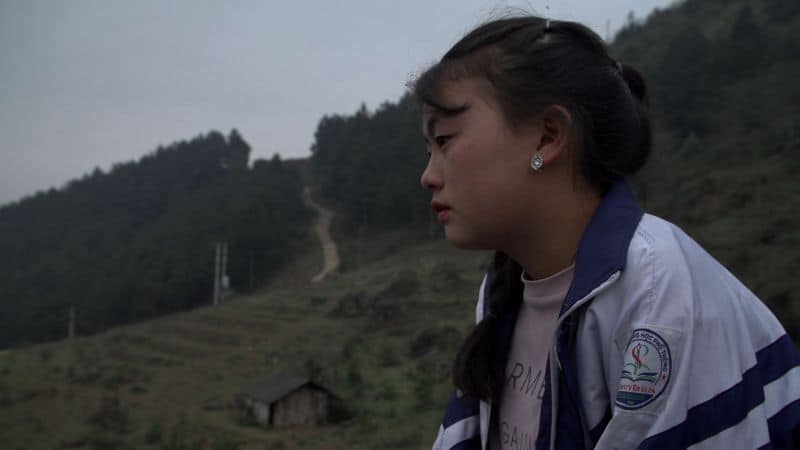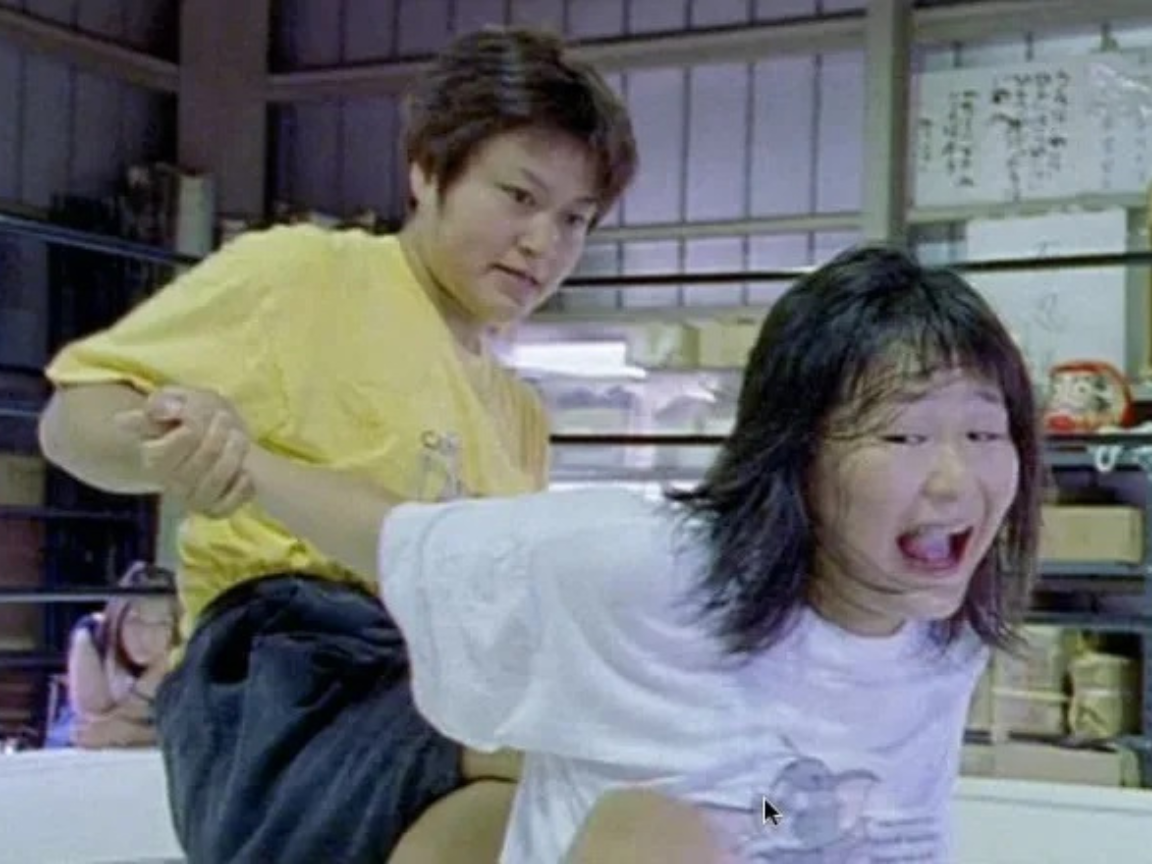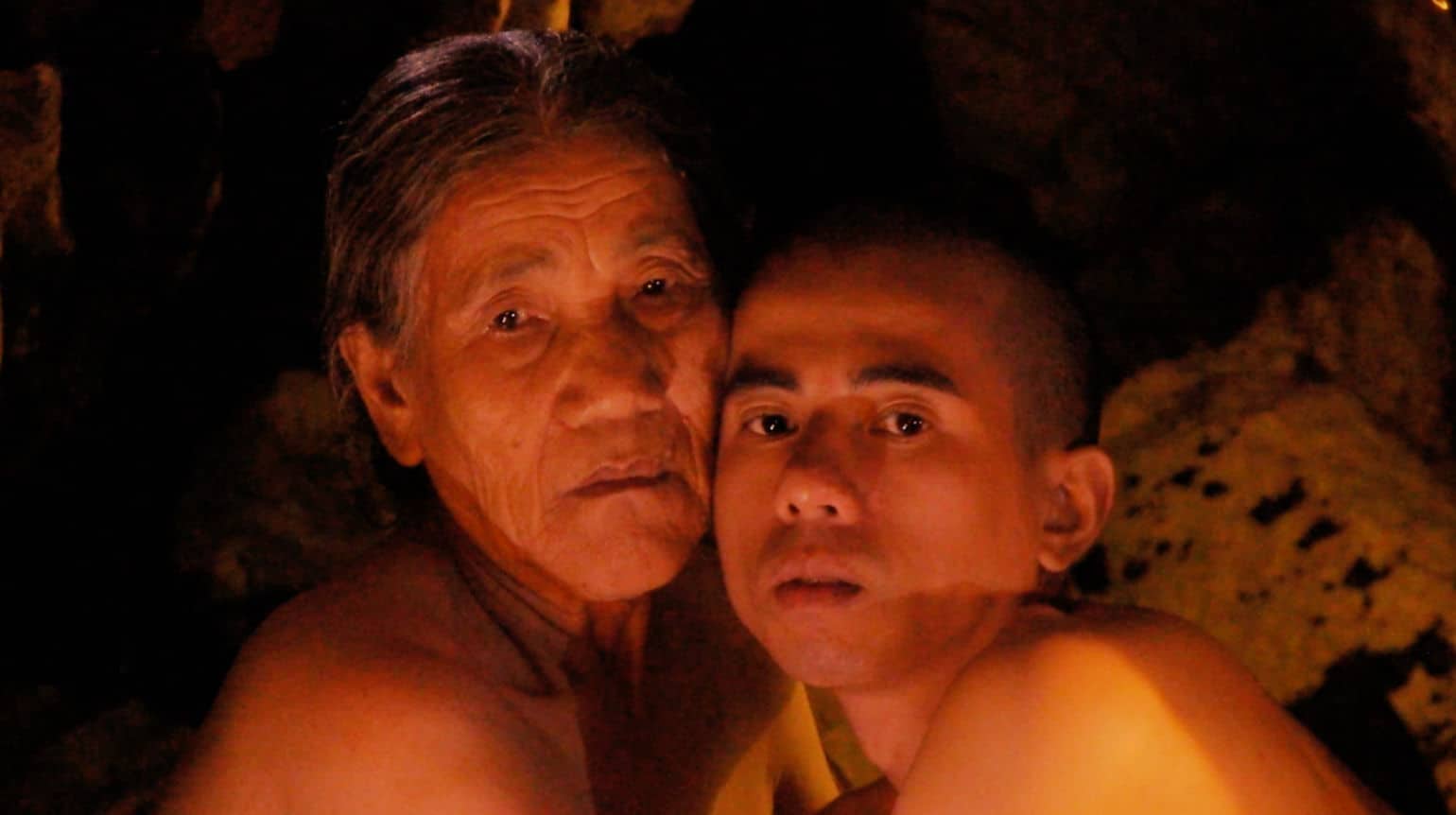Although Vietnamese law requires men to be at least 20 years old and women to be at least 18 before marrying, and the little known but rather inhuman custom of Hai Pu is illegal, the practice of a boy kidnapping a girl without her of her family's consent is still regularly practiced in some Hmong communities, to the point that there are even rules established: Once the girl is at the hopeful husband's home, his parents are obliged to contact the girl's family, who can either demand her release or accept the marriage. A bride price, to be paid by the boy's family, is then negotiated, while both spouses must also give free consent. Ha Le Diem, in her feature debut (made with a grant from Sundance Institute doc program), spent three years in a Hmong community in the mountains of North Vietnam, documenting 12-year-old Di, who finds herself having to choose between getting an education or following the local tradition.
“Children of the Mist” premieres at New York's Firehouse Cinema on December 16, 2022
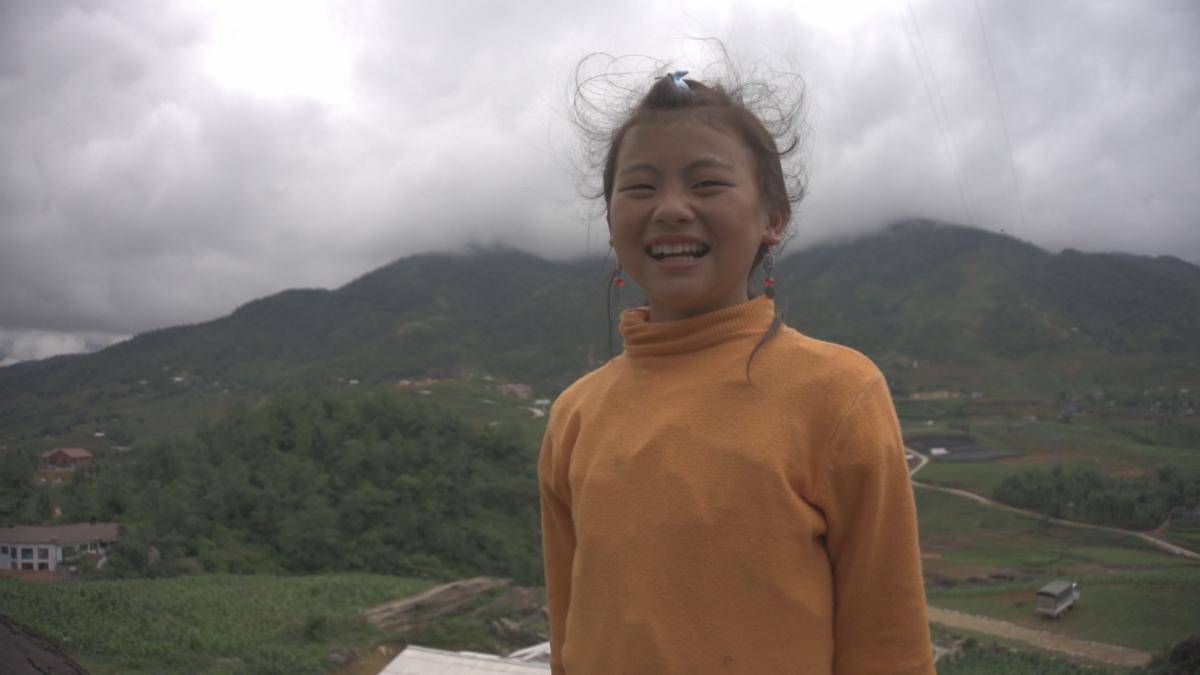
The documentary starts from the “beginning”, showing the everyday lives of the girls in the area, with Di's backbreaking work and her relationship with her mother and sister, La, who, despite being 17-years-old, is already pregnant with her second child. The local school is quite progressive, with a woman teacher talking openly about relationships, the place of women in society and how girls should avoid the Hai Pu, but implementing her teachings is not exactly easy. Despite the cautiousness her mother frequently asks her to practice, during the Lunar Year festivities, and after we have witnessed her change in thinking about boys, Di decides to follow local boy Vang, essentially entering a fate not her, not him and not her mother are sure of if they desire.
As her parents return from home and realize she is not there, the tension mounts as her mother tries to find which family she is with now, and soon, negotiations begin. However, Di eventually decides she does not want to be with Vang, and a true chase begins, as his family is trying to kidnap her and she has to hide in her school to avoid her fate.
Despite starting in a relatively calm fashion, with Ha Le Diem's camera capturing the beauties of the misty mountains and the mischievousness and fun the girls have, as the film progresses, the direness of the situation becomes more and more evident. Swann Dubus's editing helps the most in that approach, with the succession of scenes being ideal in order to build the “story”, and in a pace that allows the documentary to flow harmonically. Nevertheless, starting with the abuse Di's mother suffers at home, the fact that a number of locals are alcoholics, but most of all, her denial to be married off to a boy who is not exactly eager himself, the calmness gives itself to violence, and a cat-and-mouse “game” with terrible consequences begins.
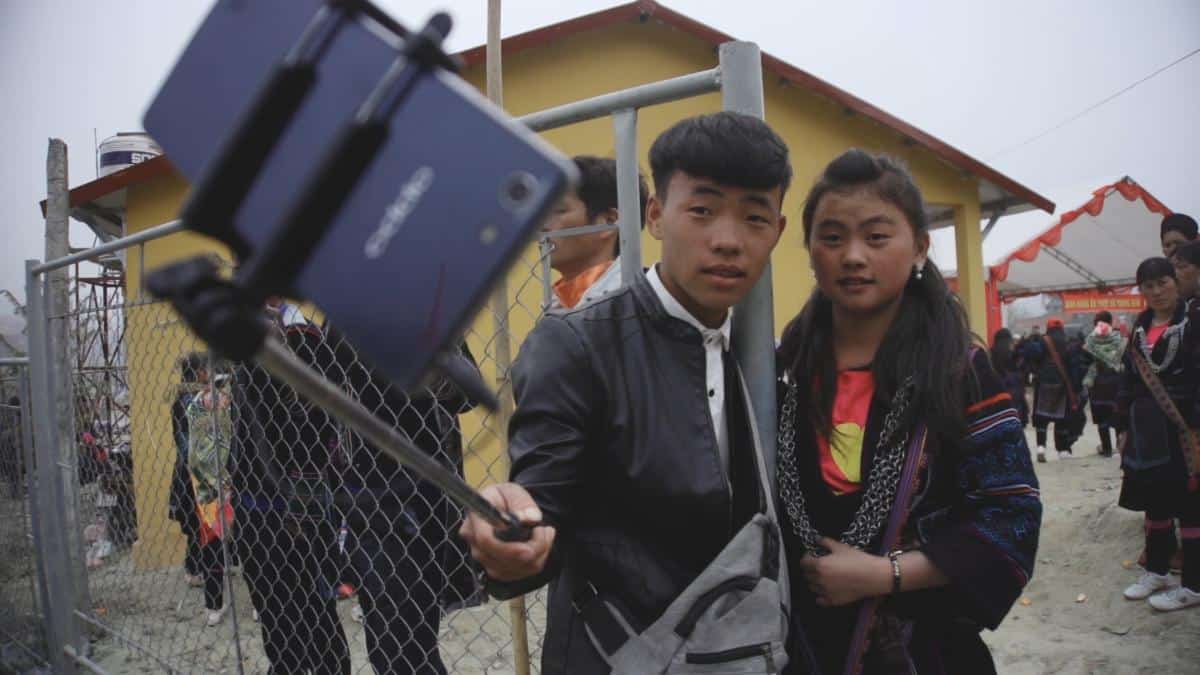
This aspect finds its apogee in a rather shattering, rather hard-to-watch scene, where Di's screams do not even leave the director inactive, with her essentially breaking one of the rules of the documentary, in a case though, where no one can blame her as the whole thing is happening in front of her. This scene actually highlights the phenomenon in all its appalling glory, despite the fact that the finale takes another turn, thus ending the movie in a somewhat optimistic note.
One could say the director gets too close to her subject, occasionally even affecting the “narrative” with her presence, “Children of the Mist” is an excellent documentary that showcases an appalling phenomenon with brutal realism and through a rather artful approach.


